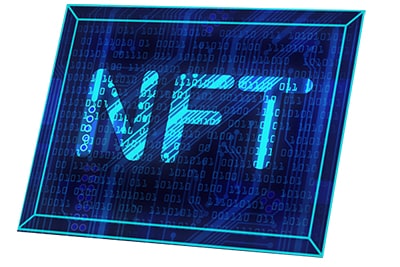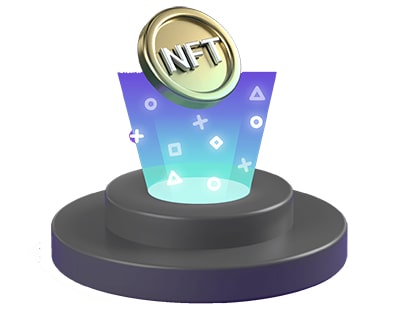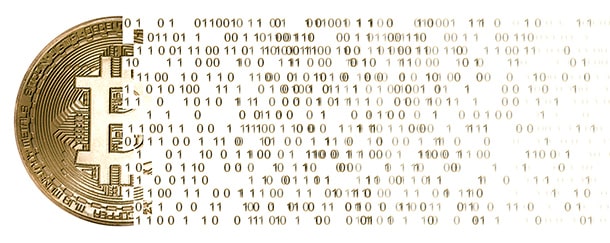Guide to Establishing NFT's Marketplace in the UAE
Introduction to NFTs
 Simply put, an NFT is a non-fungible token.
Simply put, an NFT is a non-fungible token.
“Non-fungible” basically implies that it's one-of-a-kind and can't be substituted with anything else. A bitcoin, for example, is fungible, meaning you can exchange one for another and get precisely the identical item. A one-of-a-kind trade card, on the other hand, cannot be duplicated.
An electronic commodity that reflects components in reality like art, music, in-game goods, and movies is known as an NFT. They're acquired and traded digitally, often using cryptocurrency, and they're usually encrypted with the same software as many other cryptos.
Despite the fact that they've been available since 2014, NFTs are rising in popularity as a more popular means to buy and sell digital art. Since November 2017, a whopping $174 million has been spent on NFTs.
A big perk of possessing a digital collectable over a tangible collectible like a Pokemon card or a rare, minted coin is that each NFT has unique information that helps it stand out from the others and can be readily verified. As all products can be linked to the authentic seller, the manufacture and dissemination of false collectibles are useless.
NFTs, unlike other cryptocurrencies, cannot be immediately traded. This is due to the fact that no two NFTs are identical. Consider their festival tickets. Each ticket includes information such as the purchaser's name, the event's date, and the location. This information makes purchasing festival tickets difficult.
NFT Operation
Most NFTs are, to a good degree, members of the Ethereum blockchain. Ethereum, like bitcoin and dogecoin, is a cryptocurrency, but its blockchain also enables these NFTs, which hold additional details that allow them to function uniquely from, say, an ETH coin. It's worth mentioning that different blockchains can use NFTs in their own ways.
NFTs are essentially digital versions of actual collector's artifacts. As a result, rather than receiving a real oil painting to put on the wall, the customer receives a digital file.
They also acquire exclusive rights to the property. It's true: NFTs can only have one owner at a time. Because NFTs include unique data, it's simple to verify ownership and transfer tokens between owners. They can also be used to hold particular information by the owner or developer. Artists, for example, can sign their work by adding their signature in the metadata of an NFT.
 Contemporary Popular NFTs
Contemporary Popular NFTs
NFTs could have been anything digital (drawings, music, even your brain being downloaded and converted into an AI), but the hype is focused on leveraging the technology to sell digital art.
Purpose of NFTS
Artists and content creators have the opportunity to monetise their work thanks to blockchain technology and NFTs. Artists, for example, now do not have to publish their goods through galleries or auction houses. Instead, the artist may sell it as an NFT straight to the consumer, allowing them to keep a larger portion of the profit.
Additionally, artists may build royalties into their software so that they get a share of revenues when their work is sold to a new owner. This is a desirable feature because most artists do not earn further revenue after their initial sale.
Snoop Dogg and Lindsay Lohan are among the celebrities who have jumped on the NFT bandwagon, offering unique experiences, artwork, and moments as securitized NFTs.
 The procedure of buying an NFT
The procedure of buying an NFT
Before beginning, you'll need to possess a digital wallet that can hold both NFTs and cryptocurrencies. Based on what currencies your NFT provider supports, you'll probably need to buy some cryptocurrency, such as Ether, Coinbase, Kraken, eToro, or even PayPal and Robinhood that now allow you to buy cryptocurrency using a credit card. After that, you'll be able to transfer money from the exchange to your own wallet.
To know more about Establishing NFT's Marketplace in the UAE Click here
 English
English
 عربي
عربي Русский
Русский 官话
官话 português
português
 Türk
Türk 

















